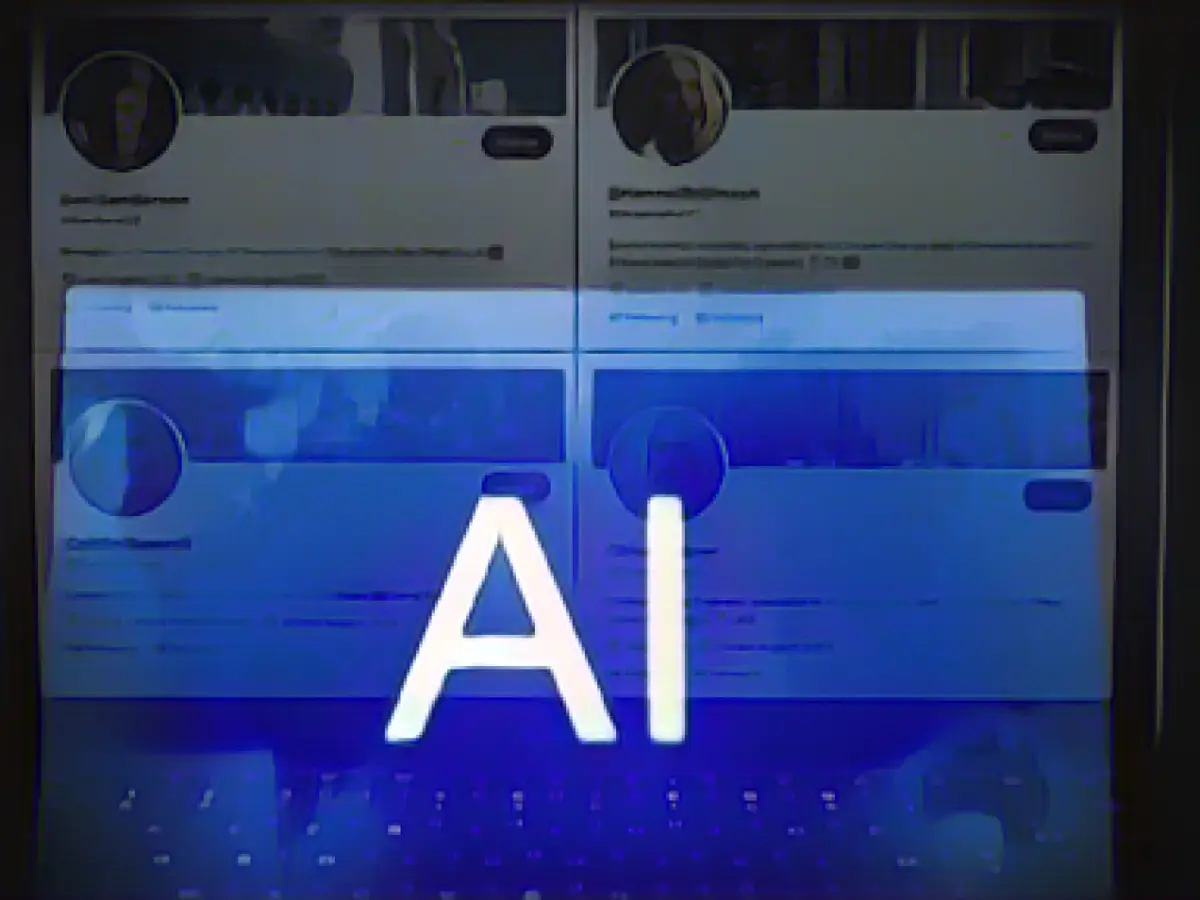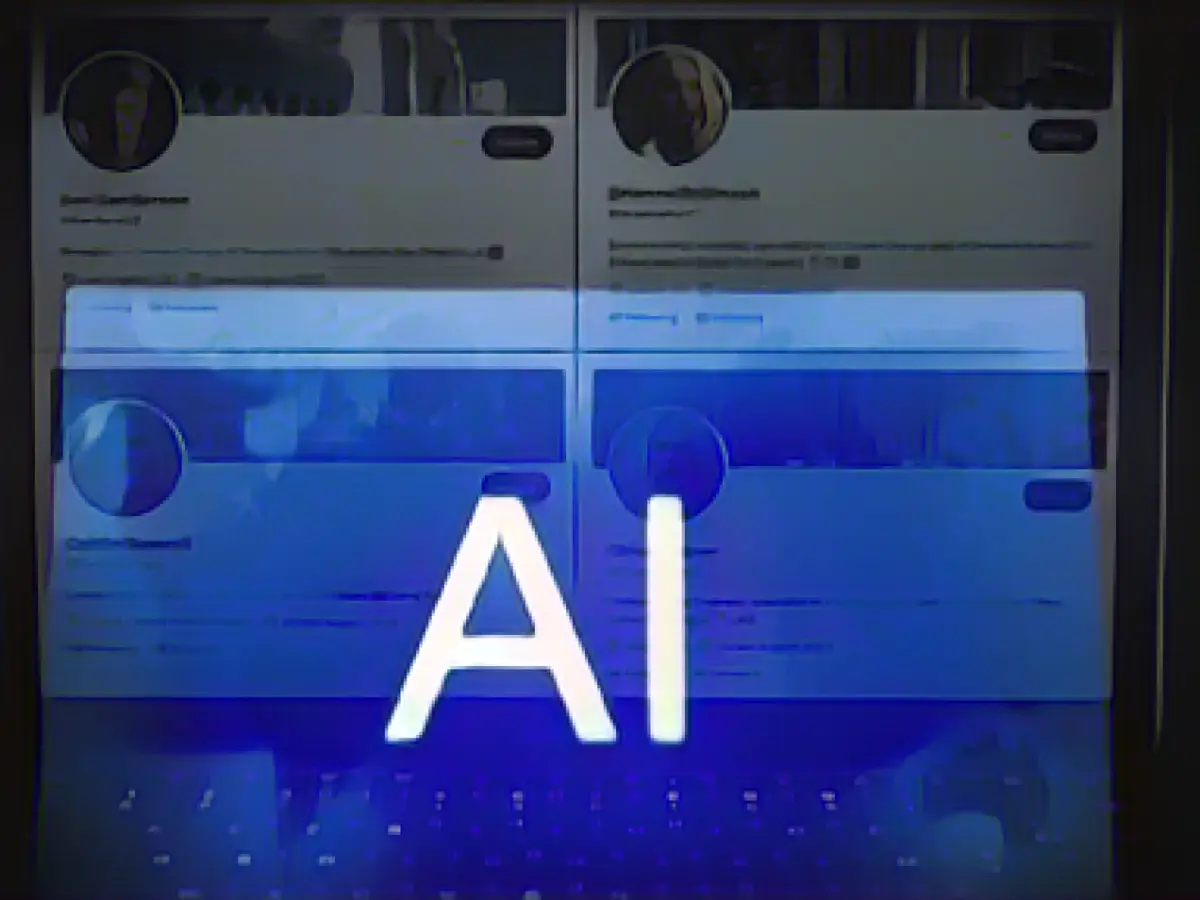EU AI Regulation Debate and Challenges
The European Union (EU) has announced plans for a legal framework around artificial intelligence (AI), with President Ursula von der Leyen's EU Commission heading the charge in April 2021. The goal is for the EU to become a global leader in AI regulation, but some member states like Germany, France, and Italy have raised concerns about overly stringent regulations that could impede future tech growth.
The proposed regulations will apply strict rules to high-risk applications such as self-driving cars, while less risky technologies may be banned altogether. This approach has sparked debate among member states, with some advocating for less stringent measures to foster innovation. Volker Wissing, Germany's Digital and Transport Minister, has urged the EU to collaborate with international peers to avoid falling behind major AI players like the USA and China.
Balancing safety and innovation is a complex task for the EU. Negotiators must ensure regulations promote safety without hampering progress in the AI sector or stifling innovation. Achieving this balance will be crucial for achieving Europe's objectives in the rapidly evolving AI field.
Key Challenges for EU AI Regulation
- Balancing Safety and Innovation
- Negotiators must craft regulations that encourage innovation while ensuring safety with rules that do not hamper AI progress.
- Avoiding Overregulation
- Overly stringent regulations could deter investment and stifle innovation in the EU. Balancing regulatory frameworks that prioritize responsible AI development without overburdening companies is essential.
- International Coordination
- The EU must work collaboratively with international peers like the USA to establish a unified approach to AI governance, setting global standards.
EU's AI Act and National Enforcement
The EU's Artificial Intelligence Act (AI Act) will come into effect in phases, starting with provisions on AI literacy and prohibited AI uses in 2025. Each EU country must identify competent regulators to enforce the AI Act, leading to a complex web of national laws and enforcement structures.
USA's AI Regulation and International Summits
The USA has yet to establish a comprehensive AI regulatory framework, focusing instead on preventing or mitigating bias in AI systems impacting fundamental rights. The USA is participated in international summits, emphasizing the need for coordinated international action.
Implications for AI Companies
Managing the evolving AI regulatory landscape in both the EU and USA is challenging for AI companies. Developing a comprehensive regulatory strategy that ensures compliance with regional and international standards is key to navigating this complex environment.
Incorporating the enrichment data, the revised version includes details about risk categorization, transparency obligations, law enforcement exceptions, and support for innovation in the EU's proposed regulations. The US regulatory model focuses on a patchwork of sector-specific and state-level regulations, which contrasts with the EU's risk-based AI Act approach.







